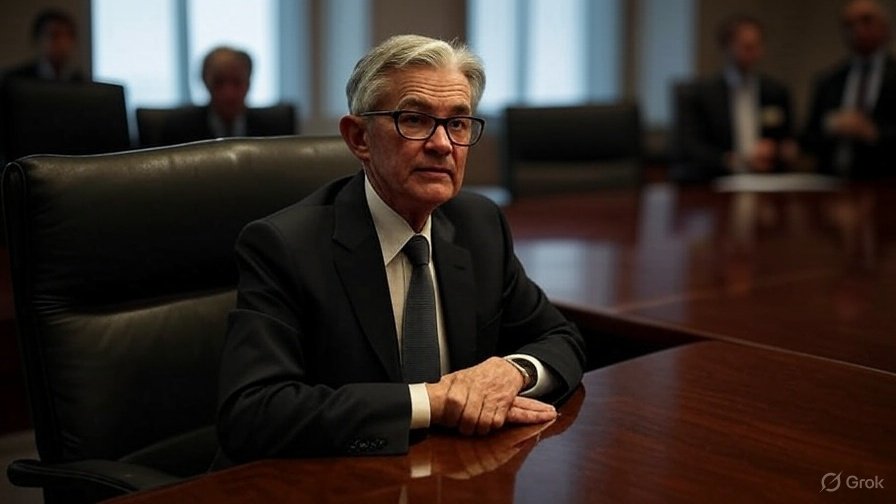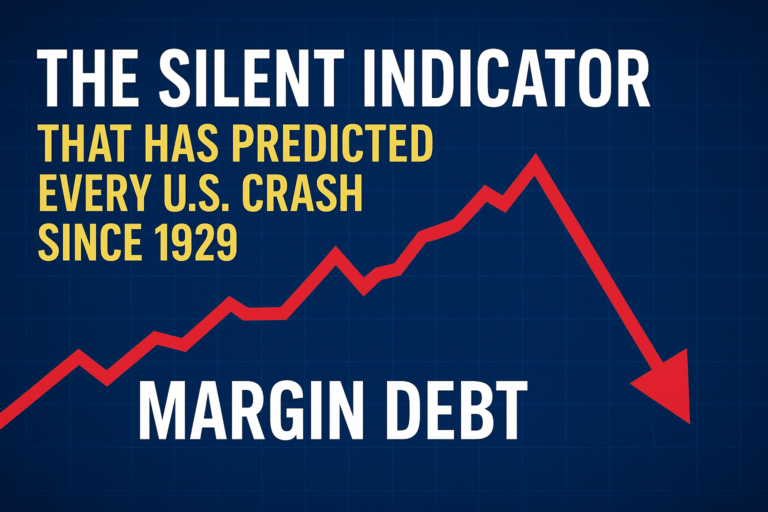
By InvestorVector.com | June 2025
In a surprising move, Federal Reserve Governor Christopher Waller—a Trump appointee and influential voice on monetary policy—said the Fed should begin cutting interest rates as early as July, even though the labor market remains “solid.”
So what’s behind this shift? And is it the right call?
Waller argues that inflation pressures, including those driven by new tariffs, may be temporary, and that the Fed shouldn’t wait for the labor market to break before stepping in. It’s a bold suggestion, especially when Fed Chair Jerome Powell and others are preaching patience.
But if we zoom out a bit and look through the lens of famous economists, Waller’s call starts to make more sense—or at least becomes more debatable.
What Would John Maynard Keynes Say?
Keynes—the godfather of modern macroeconomics—would probably be cheering Waller on.
He believed the government and central banks should act before the economy deteriorates. Waiting for unemployment to spike, in Keynes’ view, was like fixing the roof after the storm hits. Instead, he championed stimulus during slowdowns to keep demand steady and prevent recessions.
“The long run is a misleading guide to current affairs. In the long run, we are all dead.” — Keynes
In today’s context, that means the Fed doesn’t need to wait until job losses pile up. If inflation is trending downward and growth looks shaky, cut those rates.
Milton Friedman Might Say: Be Careful, but Don’t Wait Too Long
Milton Friedman, a free-market champion and critic of too much government intervention, warned that monetary policy has long and variable lags, which would interpreted that by the time rate cuts affect the economy, it might be too late.
Friedman didn’t believe in micromanaging the economy, but he did think that delayed reactions could worsen downturns. In that sense, Waller’s urgency aligns with Friedman’s concern about the timing of policy actions.
“Monetary actions affect economic conditions only after a lag that is both long and variable.” — Friedman
So while Friedman wouldn’t have favored constant tinkering, he likely would’ve advised the Fed to watch the data closely and move preemptively if needed.
Why interest rates should be reduced?
- Inflation is cooling, and new price hikes from tariffs may be temporary.
- Labor market shows early signs of softening, especially among younger workers.
- Acting early avoids overcorrection later (as both Keynes and Friedman warned).
- Rate cuts could sustain growth without waiting for pain.
Why interest rates shouldn’t be reduced right now?
- Inflation could reignite, especially if the economy rebounds faster than expected.
- Premature cuts may undermine the Fed’s credibility.
- The job market is still historically tight, and wage growth remains steady.
Economists from Keynes to Bernanke have long warned against being reactive instead of proactive. If the Fed waits for headlines to confirm a slowdown, it may have already lost valuable time.
Because if history—and economic theory—tells us anything, it’s that waiting too long is often riskier than acting early.



